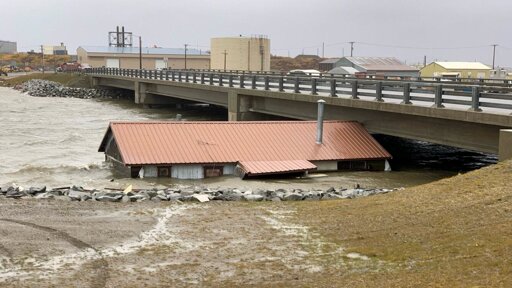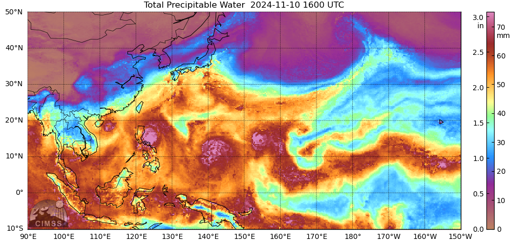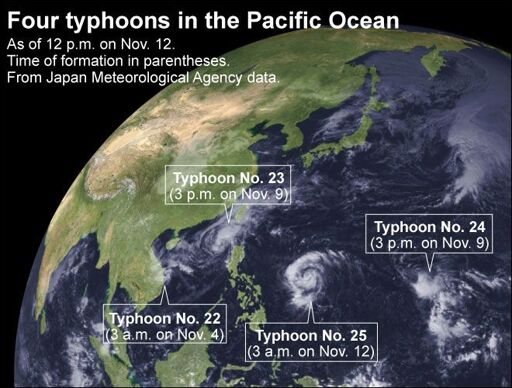lemme in
- 341 Posts
- 16 Comments

 34·1 month ago
34·1 month agoThe title is not wrong, bedevils in this context are burdens / weighs
The title in French (translate with depl)
Le gouvernement socialiste espagnol est confronté à une crise du logement "insoutenable
Translate back to English
Spain’s Socialist government faces an “unsustainable” housing crisis
The article also mentions that the government is trying to push through laws such as rent caps, punishments for landlords to improve housing.

 4·1 month ago
4·1 month agoMost religions in China get the same treatment from the CCP.
Christian communities have had similar experiences.
In 2016, thousands of crosses were torn down from churches throughout Zhejiang Province. The authorities have also broken up congregations that have not been approved by the state, while church leaders have been arrested and jailed.
The demolition of domes, crosses and minarets and their replacement by Chinese-styled tiled roofs and Buddhist-styled pagodas. It involves mandatory patriotic education for Buddhist, Christian and Muslim clergy and it entails party-approved sermons and prayers.
South of Xinjiang in Tibet, the authorities have restricted the practice of Tibetan Buddhism over the last decade. Religious festivals have been banned more frequently and government employees, teachers and students have been barred from participating in religious activities.
https://www.aljazeera.com/news/2023/9/26/a-jealous-god-china-remakes-religions-in-its-own-image
The error message is because it hasn’t heard of you at all, and isn’t going to resolve you because you’re not a logged-in local user.
Apparently there are other users who have the same problem


 10·1 month ago
10·1 month agoshifting weather in the Sahara desert has also impacted this year’s hurricane season
Sahara desert hit by extraordinary rainfall event that could mess with this year’s hurricane season

 4·2 months ago
4·2 months agoIn reality it is probably double or triple that.
Yup, I’ve read articles in NYT or WSJ (kinda forgot), about single mom, daughter and her dog living in a car because they couldn’t afford the rent.

 201·2 months ago
201·2 months agoThis is just Google’s clever way of not removing the sideloading feature from their OS.
They let app developers to prevent users from using sideloaded app.
This way they can avoid antitrust lawsuits.

 292·2 months ago
292·2 months agoGoogle : “You don’t own your phone, we own you.”

 122·3 months ago
122·3 months agoOrganic Maps :
No Ads ✅
No Telemetry ✅
Google :
Does it make us money? ❌

 3·3 months ago
3·3 months agoI don’t even have a smart tv, I don’t want anything other than my phone and laptop connected to the internet.

 2·3 months ago
2·3 months agoThat’s the problem there’s no common consensus from scientists. What is happening right now is similar to the scenario from The Day After Tomorrow, scientists debate and offer their theories.
from phys.org today
Not the day after tomorrow: Why we can’t predict the timing of climate tipping points
A study published in Science Advances reveals that uncertainties are currently too large to accurately predict exact tipping times for critical Earth system components like the Atlantic Meridional Overturning Circulation (AMOC), polar ice sheets, or tropical rainforests.
These tipping events, which might unfold in response to human-caused global warming, are characterized by rapid, irreversible climate changes with potentially catastrophic consequences. However, as the study shows, predicting when these events will occur is more difficult than previously thought.
Climate scientists from the Technical University of Munich (TUM) and the Potsdam Institute for Climate Impact Research (PIK) have identified three primary sources of uncertainty.
https://phys.org/news/2024-08-day-tomorrow-climate.html
Also as Rahmstof said.
“There’s now five papers, basically, that suggested it could well happen in this century, or even before the middle of the century,” Rahmstof said. “My overall assessment is now that the risk of us passing the tipping point in this century is probably even greater than 50%.”
While the advances in AMOC research have been swift and the models that try to predict its collapse have advanced at lightning speed, they are still not without issues.
This research gap means the predictions could underestimate how soon or fast a collapse would happen.

 1·4 months ago
1·4 months agoYou can create and set up telegram bots for your own use

 61·5 months ago
61·5 months agoAccording to this article, regarding Intel Alder Lake
Intel’s Thread Director technology is the key here. This hardware-based technology uses a trained AI model to identify different types of workloads at the chip level. It then provides that enhanced telemetry data to Windows 11 via a Performance Monitoring Unit (PMU) built into the chip. The operating system then uses that data to help assure that threads are scheduled to either the P- or E-cores in an optimized and intelligent manner.
However, while Windows 11 exploits Thread Director’s full feature set, Windows 10 does not. Due to optimizations for Intel’s Lakefield chips, Windows 10 is aware of hybrid topologies, meaning it knows the difference between the performance and efficiency of the different core types. Still, it doesn’t have access to the thread-specific telemetry provided by Intel’s hardware-based solution.
As a result, threads can and will land on the incorrect cores under some circumstances, which Intel says will result in run-to-run variability in benchmarks. It will also impact the chips during normal use, too. Intel says the difference amounts to a few percentage points of performance and that the chips still provide an “awesome” user experience. We’ll have to see how that works in the real world to assess the impact.
Intel also says that users can assign the priority of background tasks through the standard Windows settings, but these global settings apply to all programs. So it remains to be seen if that will have a meaningful impact on performance variability in Windows 10.
https://www.tomshardware.com/features/intel-shares-alder-lake-pricing-specs-and-gaming-performance/4
so, it’s still works but not optimized for some apps. Probably this will be the same with AMD’s latest CPU.

 3·5 months ago
3·5 months agoCan we have c/hmmm other than in LW?
They really want us to use Copilot AI, so that they can pushed more paying subscribers such as corpos and govts to use the service.
More money for microsucks, less jobs available to us
























that would be dismantling…
https://x.com/LCVoters/status/1839320814703006019